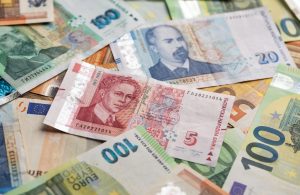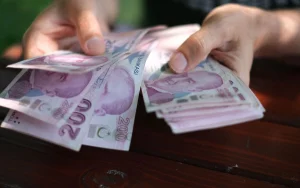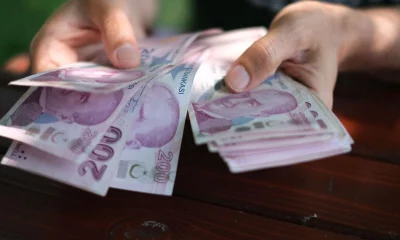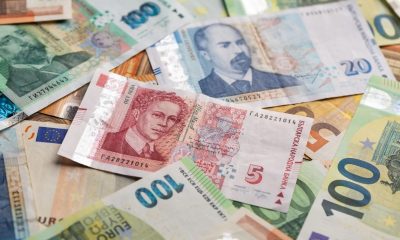News
Why Is the Euro Rising? 5 Key Reasons Behind the Turkish Lira’s Decline
Why does the Euro continue to gain value while the Turkish Lira steadily weakens? From inflation and central bank policies to trade deficits and investor confidence – five key factors explain the sharp rise in exchange rates.
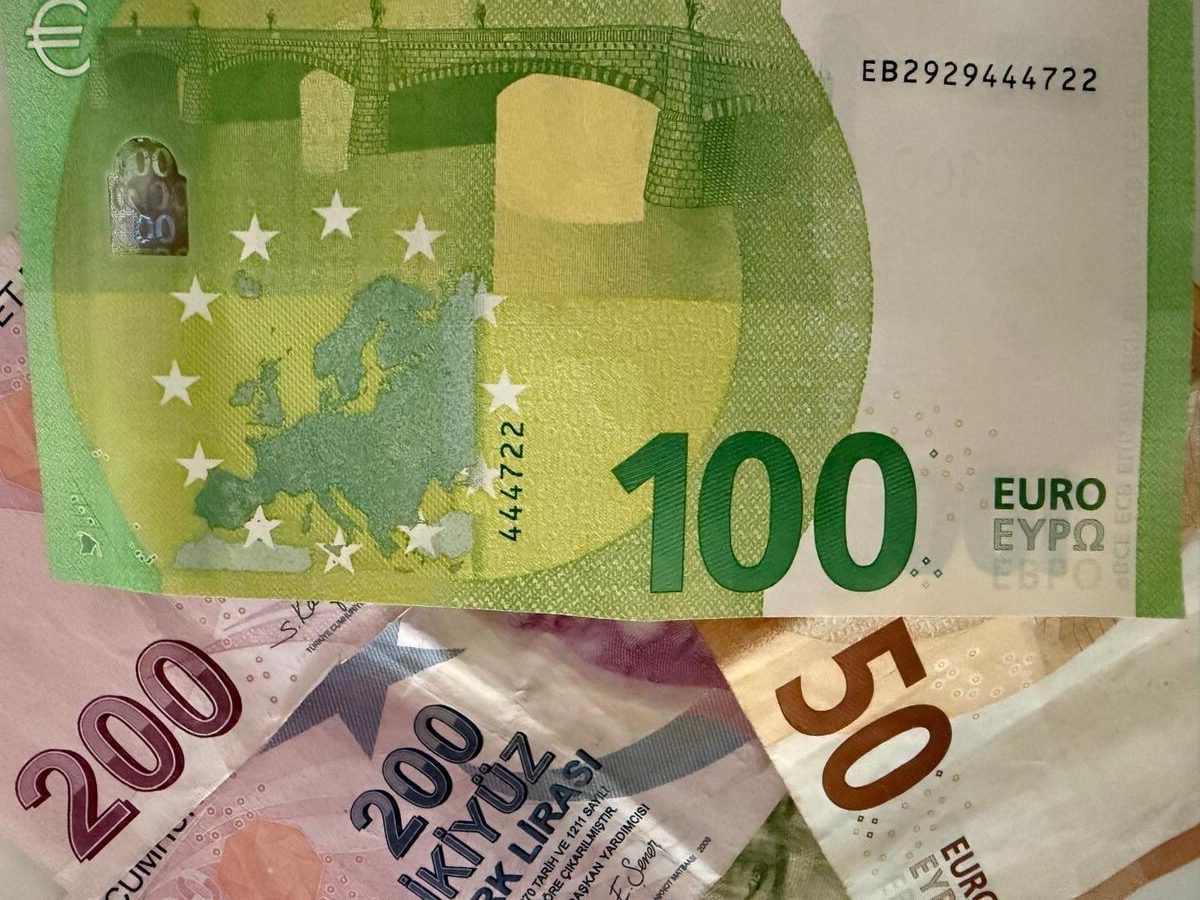
Exchange rates remain one of the most debated issues in the Turkish economy. The ongoing surge in the Euro/TL rate affects not only imports and exports but also directly impacts household budgets. So, why is the Euro so strong, and why does the Lira keep losing ground? Here are the reasons as of 2025:
1. Inflation and Interest Rate Policy in Turkey
Turkey has been battling high inflation for years. Annual consumer price inflation has climbed close to 60%, while the Central Bank’s interest rate moves are often delayed or insufficient.
The value of a currency depends on confidence. As trust in the Lira erodes, its value falls. High inflation reduces purchasing power, pushing investors and citizens toward foreign currencies.
When interest rate hikes come too late, demand for foreign exchange grows – exactly what has been happening with the Lira.
2. The Impact of the European Central Bank (ECB)
The ECB plays a decisive role in the Euro’s strength. In 2024 and 2025, the bank maintained its strategy of keeping interest rates steady while bringing inflation under control. This approach has bolstered investor confidence in the Euro.
As a result, the supply of Euro remains stable and its value preserved, while the Lira continues to weaken.
3. Turkey’s Trade Deficit3.
The Turkish economy is heavily dependent on imports – particularly in energy, industrial raw materials, and technology. This creates constant demand for foreign currency.
By the end of 2024, Turkey’s trade deficit exceeded 110 billion US dollars.
With such a large need for foreign exchange, if insufficient inflows enter the country, the Lira inevitably loses value and exchange rates rise.
4. Central Bank Reserves and Market Confidence
The Central Bank’s net foreign exchange reserves fluctuate constantly. Periods when net reserves excluding swaps fall into negative territory severely undermine confidence in the markets.
The lower the reserves, the more cautious investors become toward the Lira. This leads to higher demand for foreign currencies and further increases in exchange rates.
When the Central Bank’s coffers are depleted, markets inevitably turn to the Dollar and the Euro.
5. Investor Confidence and Geopolitical Risks
Political instability, lack of judicial independence, strained foreign relations, and poor economic predictability weigh heavily on investor sentiment. Geopolitical risks, in particular, are a major driver of the Lira’s weakness.
For foreign investors, the Lira is perceived as a high-risk asset, while the Euro stands out as a safe haven.
In short, the Euro’s strength is fueled not only by global factors but also by Turkey’s internal challenges. Inflation, monetary policy, foreign debt, and lack of confidence keep the Turkish Lira under heavy pressure in 2025.



